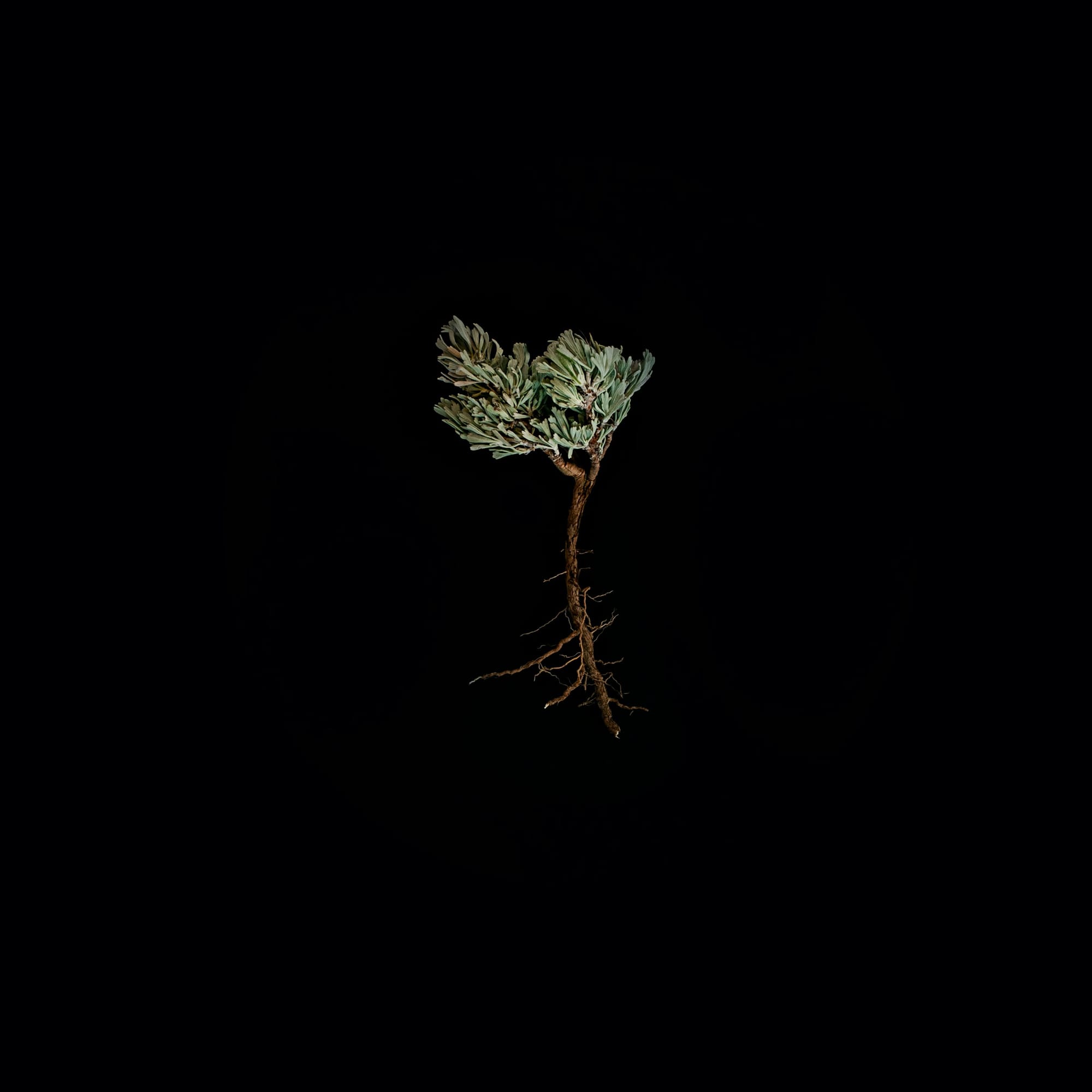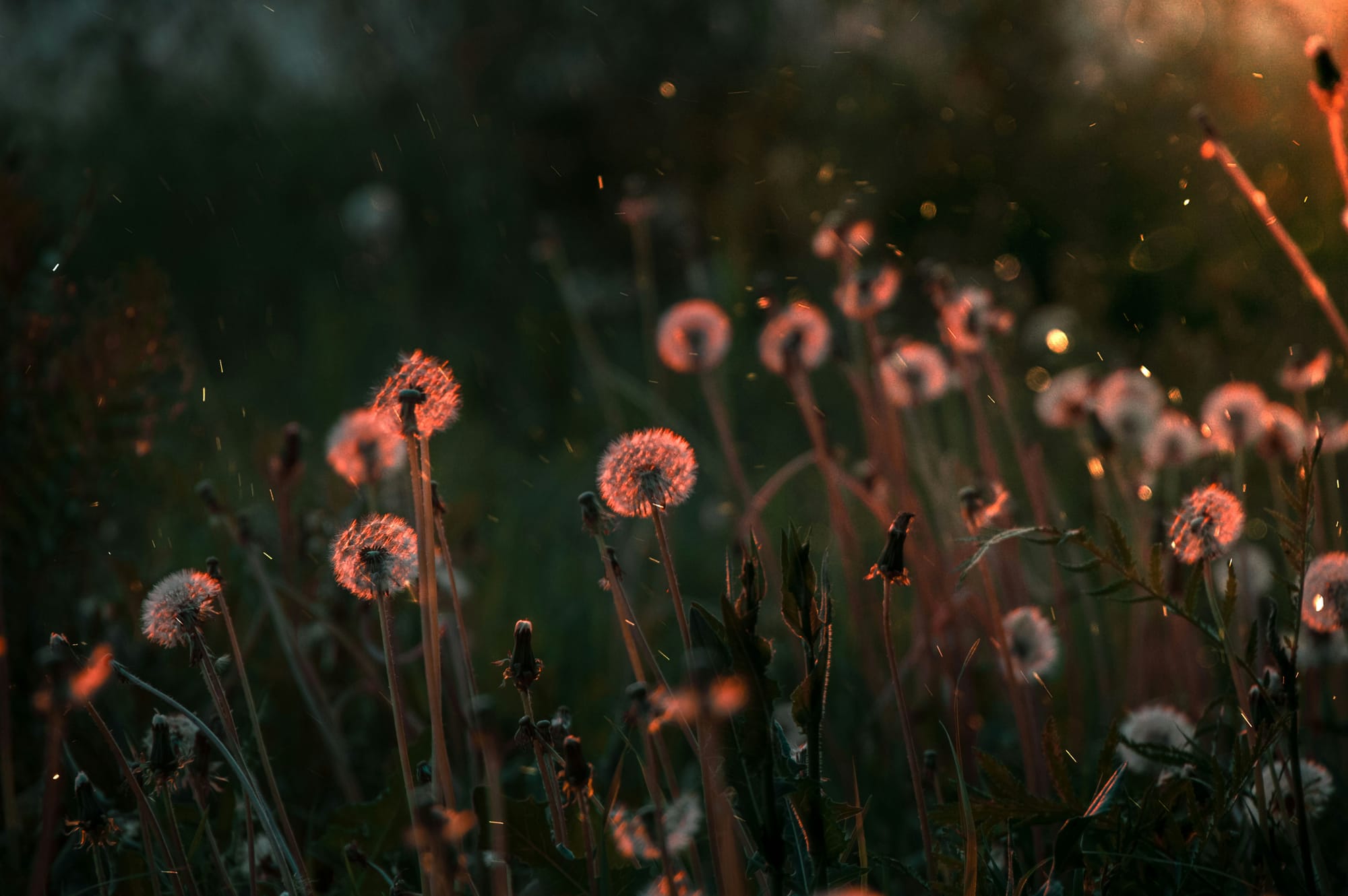I can remember the precise moment that I became infatuated with wildflowers. As a small child playing in the backyard, I wandered over to my father who was “weeding” in the garden. My young heart was rattled with emotions when I realized that he was plucking dandelions up by their roots to be discarded. I could not wrap my head around the idea that these joyful yellow companions were somehow wrong in comparison to the blooms of impatiens intentionally planted so near by. “Don’t eat the honeysuckles in our yard, we sprayed them.” Sprayed them? Sprayed them with what? Like many suburban children, the smell of a nearby honeysuckle bush was like a generous invitation from the earth to run toward its feral sweetness. We would pluck the tiny butter-colored flowers and extract the sweet nectar with our fingers along fence lines and other nearly-wild places. Why was the one in our own yard dangerous? These childhood inklings would follow me through all of adolescence and into adulthood
Don’t eat the honeysuckles in our yard.
I’ve since spent my life unwinding and following that same instinct like a bright yellow thread. Ten years ago as an herbalist’s apprentice at the tender age of 19, I came to learn the virtues that lived behind that childhood instinct. The dandelions (and a myriad of other wild plants) that are plucked and chucked across our aching planet contain a multitude of magical and mundane values. They are a generous food source for winged pollinators, requiring little to no human assistance in cultivation. As the harbingers of spring they offer nutrient dense sustenance to humans and many other mammals after the contractions of a cold winter. And, when left undisturbed, they offer a generative ground cover capable of calling up key soil nutrients through their taproots before graciously depositing them back into the topsoil as they move toward the end of their life cycle. So, why is it that we have adopted these hegemonic traditions rooted in vanity without virtue?

The American lawn, in my mind’s eye, is a metaphor. Capitalism reigns supreme in our modern world and replaces the wisdom of nature with the hard, cold illusion of a bottom line. Notions of independence are worn like badges of honor and cast long shadows over the quiet truths whispered into the hearts of children by the altars growing beneath their bare feet. Grass is cultivated as a status symbol, pushing us to forget the old ways in exchange for the approval of our neighbors. We are marketed products that leech poison into the grounds of our own homes. We are guided to reach for physical retaliation and chemical warfare to maintain a false image of purity. We parade the death of diversity with pride in spaces where there were once meadows and forests holding an essential dance of interdependence among all who lived there.
We are marketed products that leech poison into the grounds of our own homes.
Wildflowers, the flowers of the people, have much to teach us about human mutual aid and community interdependence. They show up for our pollinators in spite of our egotistical lawn warfare. They bring what they have to share in abundance, with little fear of the retribution that often still lies dormant behind the doors of garden sheds. They glow bright and unencumbered through cracks of our own man-made foundations. Like the ancestors of our movements, they transform their lived experience into hundreds of seeds reaching far and wide carrying their virtues into a generous and eternal rebirth.

This is my call to the magic folk to look to the wildflowers as a joyful reminder that purity is an illusion and, more often than not, a symptom of our human attempts to rule, divide, and obliterate diversity. Like the leaves of a dandelion, I ask that these words nourish you. Like the head of a dandelion, I ask that these words be transmuted into feathery seeds of interdependent connection. And, like a taproot reaching downward into the darkness toward life giving sustenance, I ask that these words help root us to the essential cause of resistance. I ask that these words root us to each other.
I ask that these words root us to each other.
Sarah Andrae (she/they) is a lifelong student of tarot. Born with the gifts of clairsentience and synesthesia, she has dedicated her life to unraveling the golden thread of her intuition.
She has been a nationally certified massage therapist and somatic bodyworker since 2014 and is a former apprentice of the late, great druid and herbalist Adam Travia. She is a poet, punk, pagan, and priestess as well as an armchair literary theorist and folklorist.
Sarah is currently an aspiring good steward of the North Eastern US living on Lenni-Lenape land with her spouse, dogs, and spruce trees. She enjoys studying all things esoteric and is an avid writer. She has an Aquarius sun, Aries ascendant, and Cancer moon.
Connect with Sarah at https://www.grailhearttarot.com/



